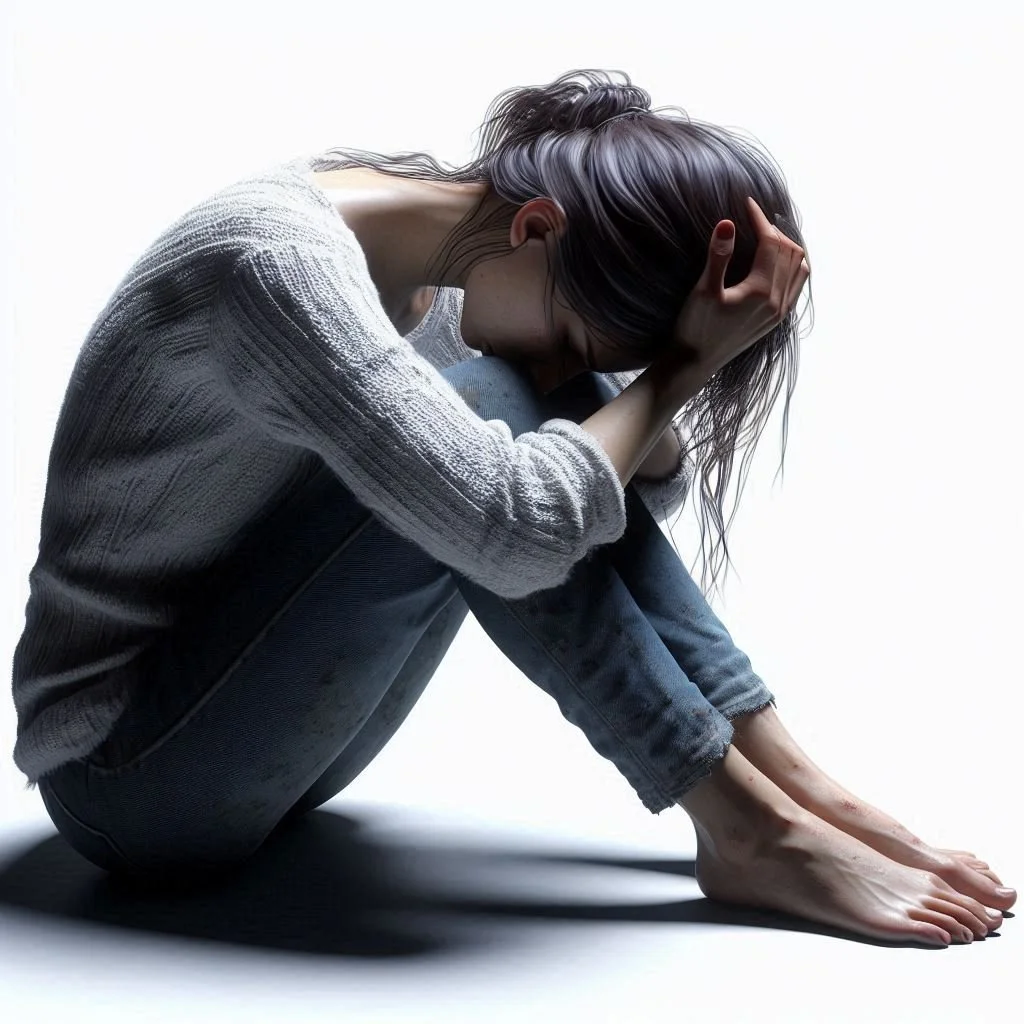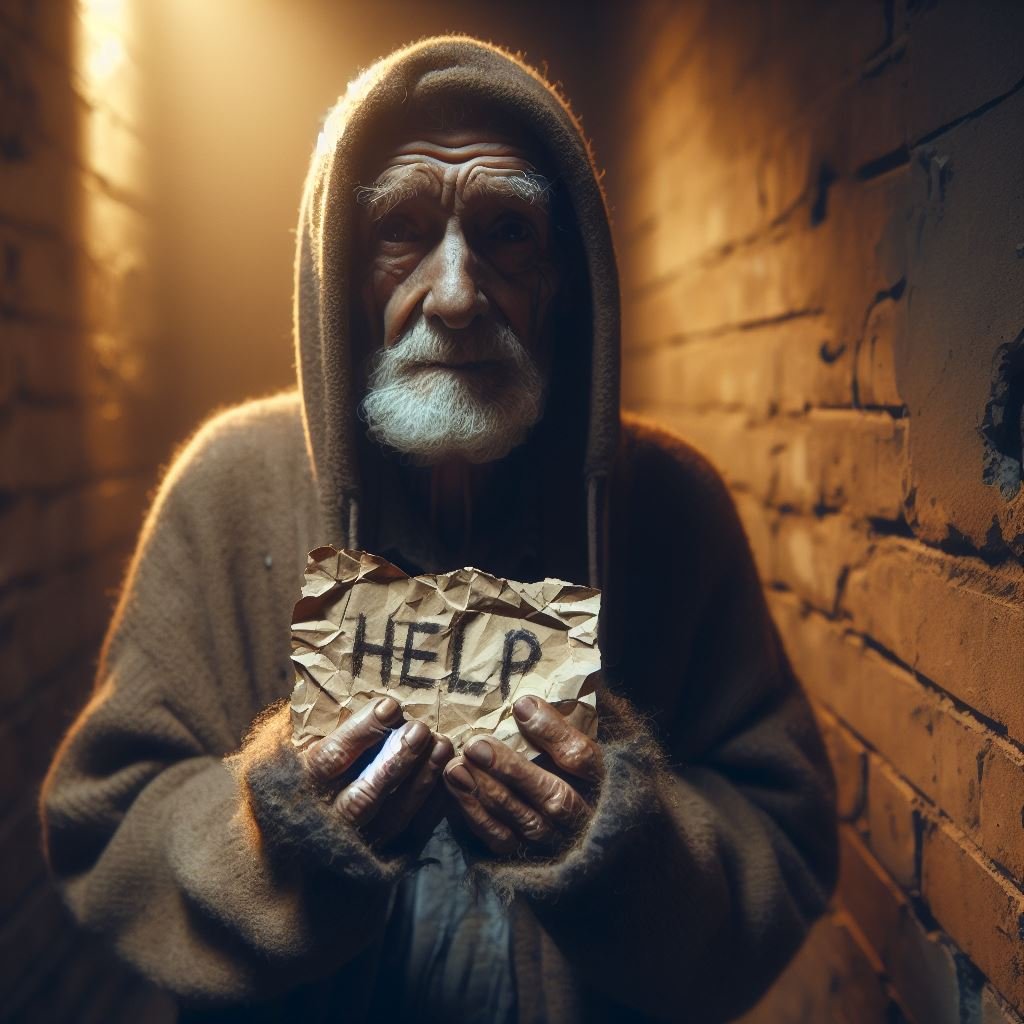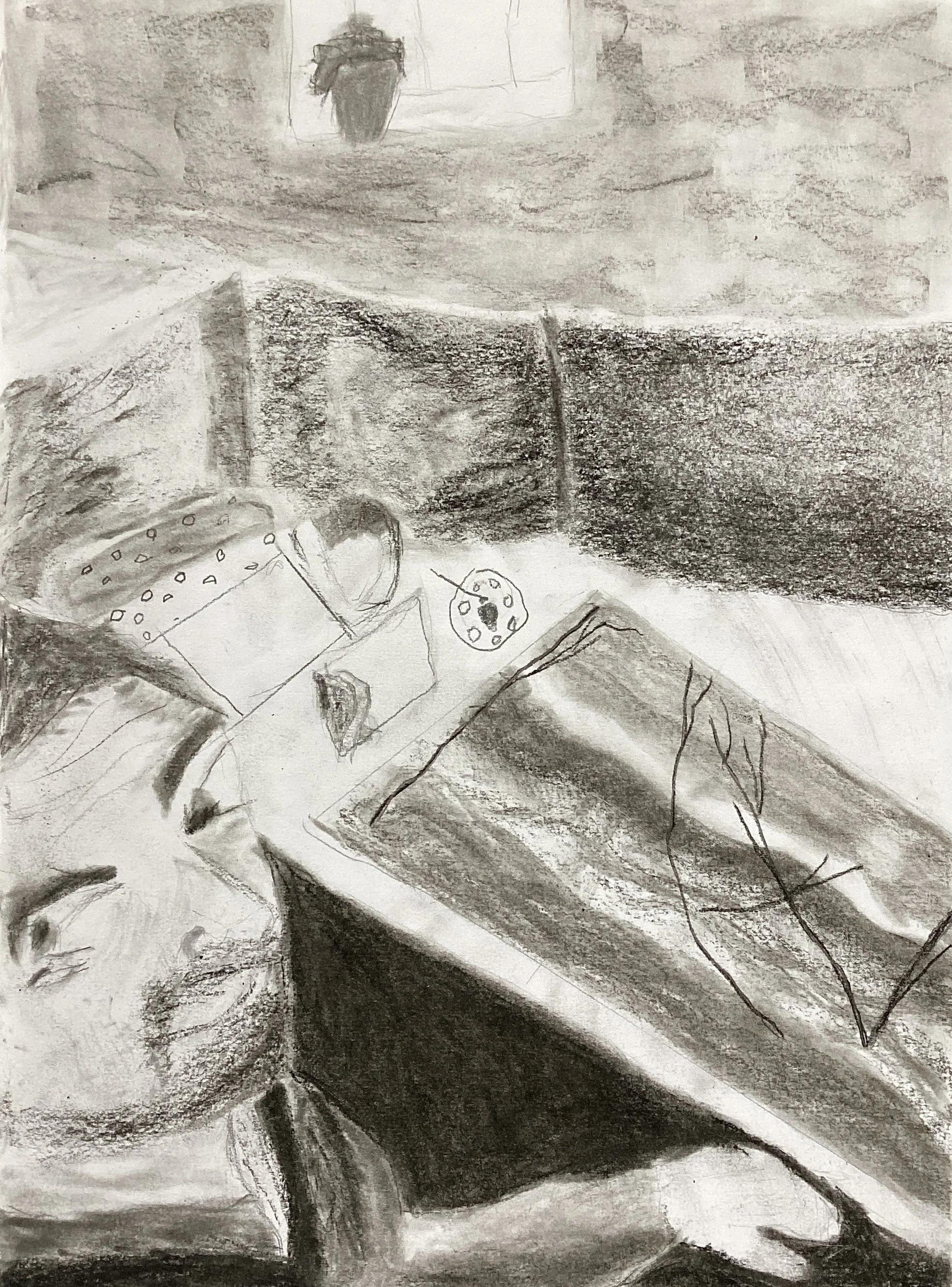Suicidality and Suicide Prevention for Brain Injury Survivors: A Critical Need for Comprehensive Support
Brain injuries can profoundly impact an individual's life, leading to cognitive, emotional, and physical challenges. Among the most concerning outcomes is the increased risk of suicidality. Understanding and addressing this risk is crucial for healthcare providers, caregivers, and support services. In this context, the Supported Living Group’s (SLG) community-based non-medical brain injury support services in Connecticut play a vital role.
Growing Concerns with Self-Directed Care Under the Connecticut ABI Waiver Program
The recent shift towards self-directed care for individuals on the Connecticut Acquired Brain Injury (ABI) Waiver Program has raised significant concerns within the community. This change, which coincides with GT Independence taking over subsidiary responsibilities from Allied, presents numerous challenges that could compromise the quality and consistency of care for individuals with brain injuries. While self-directed care offers the promise of increased autonomy and personalized services, it also introduces critical risks related to the quality, experience, and oversight of staffing. Moreover, it places an undue burden on individuals and their families, potentially leading to severe gaps in care.
Navigating Employment Loss After a Brain Injury: Lessons from Emilia Clarke’s Journey
Experiencing a brain injury can be life-altering, affecting various aspects of daily life, including employment. The sudden shift from being a capable, productive individual to facing significant challenges can be overwhelming. Actress Emilia Clarke's experience sheds light on this difficult journey, offering valuable insights and hope for brain injury survivors.
Addressing the Needs of Connecticut's Elder Orphan Population: The Role of Community-Based Care Agencies
As Connecticut's elder population continues to grow, a significant concern arises: the rising number of elder orphans, individuals aging without family support or caregivers. In this blog post, we delve into the challenges faced by elder orphans and highlight the crucial role of community-based care agencies like The Supported Living Group in supporting these individuals to remain in the community
Nourishing Brain Health: The Impact of an Anti-Inflammatory Diet After a Brain Injury
Following a brain injury, prioritizing nutrition becomes paramount in supporting recovery and overall well-being. An anti-inflammatory diet, rich in nutrient-dense foods, has emerged as a promising approach to mitigate inflammation and promote healing post-brain injury. In this blog post, we delve into the significance of adopting an anti-inflammatory diet and its potential benefits for individuals navigating the challenges of brain injury, particularly in Connecticut and neighboring states.
"Digging Deeper" – An Interview From Guest Writer Gregg Pastore
As a survivor of brain injury who utilizes services associated with the Connecticut Department of Social Services ABI Waiver program, I was interested in finding out more about those who help develop and oversee my support services. Often there is a divide between providers and those they support and in this post I ask The Supported Living Group’s Executive Director, Jamie Arber, to open up about himself to help me better understand what motivates him to support me and others in the brain injury community.
“Just Letters” A Guest Blog About Brain Injury - by Greg Pastore
It didn’t occur to me until days later that I had been in a ski accident and was totally paralyzed. A merciful doctor diagnosed me with locked-in syndrome. A blot clot formed in my neck, broke free, and entered my brain stem causing an ischemic stroke; I was lucky to be alive. He didn’t need to explain further – I was trapped in my body or ‘locked-in.’ What hope did I have to live a normal life? I’d ruminate on this until the words lost their meaning.
Choosing the Right Connecticut ABI Waiver Service Provider: Key Considerations
Selecting a Connecticut ABI Waiver Service Provider Agency is a significant decision that can profoundly impact the quality of care and support received by individuals with acquired brain injuries (ABIs). With numerous options available, it's essential to navigate the selection process thoughtfully. In this blog post, we outline crucial considerations to help you make an informed choice and ensure that you find a provider that meets your needs effectively.
The Vital Role of In-House Clinical Support Services in Connecticut's ABI Waiver Program
In the realm of brain injury rehabilitation, access to comprehensive clinical support services is paramount for achieving optimal outcomes. Within the Connecticut ABI Waiver Program, The Supported Living Group (SLG) stands out for its commitment to providing in-house clinical support through neuropsychologists and board-certified behavioral analysts. In this blog post, we delve into the importance of these specialized services and their profound impact on individuals navigating the complexities of acquired brain injuries (ABI).
Empowering Success: The Vital Role of Support Staff in Connecticut ABI Waiver Programs
At The Supported Living Group (SLG), our commitment to empowering individuals extends far beyond providing basic support. Our dedicated support staff play a pivotal role in helping Connecticut ABI Waiver I & II participants achieve their personal and professional goals. Let's delve into the critical role these compassionate individuals play in fostering success and independence.
Shedding Light on Brain Injury Awareness Month 2024: Understanding its Profound Significance
As we embark on Brain Injury Awareness Month in 2024, it's essential to recognize the profound importance of this annual observance. This dedicated month provides a crucial opportunity to raise awareness, promote understanding, and advocate for support systems for individuals affected by brain injuries. Let's delve deeper into why Brain Injury Awareness Month matters now more than ever.
Understanding the Impact of Memory Loss Associated with Brain Injury
Memory loss is a common and often significant consequence of brain injury, affecting individuals in various aspects of their lives. Whether the injury is caused by trauma, stroke, or other factors, the resulting memory impairment can have profound effects on cognitive function, daily activities, and overall quality of life
Finding Strength in Unity: Exploring the Benefits of BIAC's Support Groups for Brain Injury Survivors in Connecticut
For individuals navigating the challenges of life after a brain injury, finding a supportive community can be instrumental in their journey to recovery. In Connecticut, the Brain Injury Alliance of Connecticut (BIAC) offers a lifeline for survivors through its comprehensive network of support groups. In this blog post, we'll explore the invaluable benefits of BIAC's support groups and how they empower brain injury survivors across the state.
Addressing Concerns: Governors' Neglect of the Brain Injury Epidemic in Community-Based Programs
In recent years, the prevalence of brain injuries has reached epidemic proportions, affecting individuals of all ages and backgrounds. Despite the significant impact of brain injuries on individuals and communities, governors across the country appear to be overlooking this critical issue by failing to allocate sufficient financial support for community-based programs. This lack of investment not only undermines the well-being of brain injury survivors but also perpetuates systemic challenges in accessing essential services and support. In this blog post, we will explore the concerns raised by advocates and experts regarding governors' neglect of the brain injury epidemic and the implications for affected individuals and families.
Navigating the Medicaid Home- and Community-Based Services Waiting Lists in Connecticut: A Journey from 2016 to 2023
Access to Medicaid Home- and Community-Based Services (HCBS) has been a critical lifeline for millions of Americans, providing essential support to individuals with disabilities and seniors who wish to live independently in their communities. However, for many Connecticut residents, the path to accessing these vital services has been fraught with challenges, often manifesting in long waiting lists. In this blog post, we delve into the landscape of HCBS waiting lists from 2016 to 2023, exploring the factors contributing to these lists, the evolving policies, and the implications for individuals and families struggling with the impact of brain injury to secure support in Connecticut
Navigating Love After Brain Injury: Overcoming Challenges and Finding Connection
For brain injury survivors, the journey of finding love and companionship can be both rewarding and challenging. While love knows no bounds, the unique hurdles faced by survivors often require patience, understanding, and resilience. In this blog post, we'll explore some of the common issues encountered by brain injury survivors in the realm of dating and relationships, as well as strategies for overcoming them.
Empowering Artists and Artisans in the Brain Injury Community
Art has long been recognized as a powerful form of expression, offering solace, healing, and a voice to those facing life's challenges. In the vibrant landscape of Connecticut's Brain Injury community, InspireArtsCT stands as a beacon of creativity and resilience.
Navigating the Housing Crisis: Impacts on Individuals with Brain Injuries in Connecticut
The housing crisis in Connecticut is a multifaceted challenge that affects various segments of the population, including individuals living with brain injuries supported under the Department of Social Services (DSS) ABI Waiver Program. As the demand for affordable housing continues to outpace supply, those with brain injuries face unique obstacles in accessing suitable accommodations and support services. In this blog post, we'll explore how the housing crisis is impacting this vulnerable population and discuss potential solutions to address their housing needs.
Navigating the Pros and Cons: Neuralink's Potential Impact on Brain Injury Survivors
In recent years, advancements in neurotechnology have opened up new possibilities for individuals with brain injuries living in Connecticut. One such groundbreaking development is Neuralink, a brain-machine interface company founded by Elon Musk. While the potential benefits are exciting, it's essential to consider both the positive and negative outcomes for brain injury survivors living in Connecticut and across the country as we delve into the realm of neural interfaces.
Rebuilding Lives: The Impact of Brain Injury on Natural Support Structures
The aftermath of a brain injury is often a journey marked by profound challenges, extending beyond the individual to the breakdown of natural support structures. Family dynamics, social connections, and community ties can face significant strain. In this blog post, we explore the intricate ways in which brain injuries disrupt these support systems and shed light on the invaluable role community-based ABI Waiver providers, exemplified by The Supported Living Group, play in rebuilding lives for those in Connecticut.




















